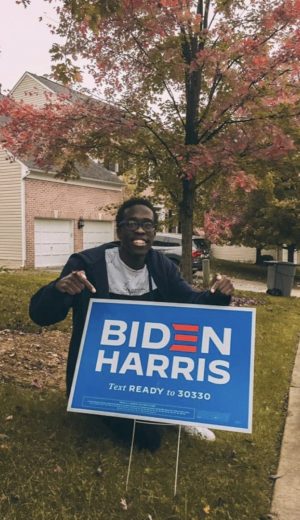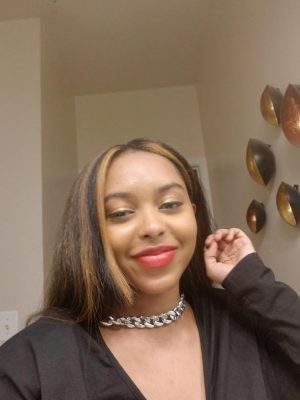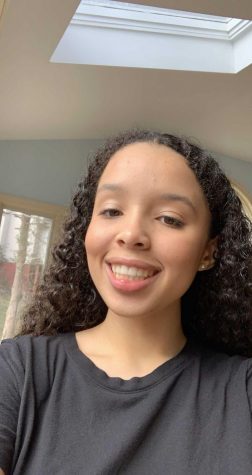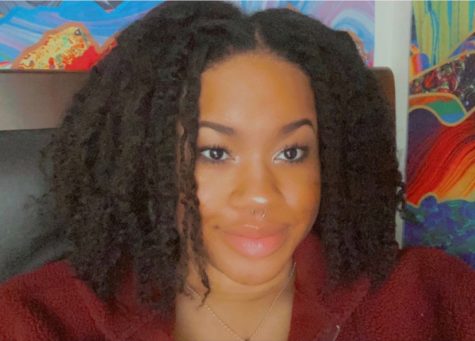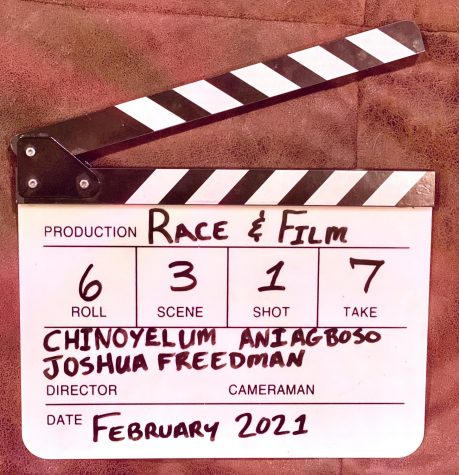Daniel Araya speaks on how racism is different overseas
Daniel Araya in the Philippines, where he lived for six years and faced extreme racism.
Daniel Araya is a senior at Wootton who was recently awarded with the Posse Scholarship and is planning on attending the University of Wisconsin. Araya has lived in six countries and has been subjected to racism all over the world. His dad has worked as a foreign service worker and has been exposed to different cultures. His family decided to move back to the United States for his education, but he calls these experiences “valuable.”
In which country did you most frequently encounter racist behavior?
The country I most frequently encountered racist behavior was the Philippines. Although the people are generally nice, there is an inherent disliking for anybody with dark skin. I remember playing soccer games against local teams and having to deal with constant slander from opposing players and their parents. To make things worse, at my school it was accepted to use terms considered derogatory toward black people.
How prominent was racism in schools overseas?
In schools in America, there is a strong bias toward what is considered history. What we learn compared to what actually happened just isn’t the same. In most US history classes, Black history is left out. This leads to a lack of education toward what’s considered bad, which can result in racist actions. Overseas, however, there is more of an objective approach to how history is told. It includes a broader scope of what actually occurred involving not only things in the US, but in other countries too. By going in detail, it allows people to truly understand the seriousness of the issue and in turn, leads to less prominence of racism.
What are the efforts internationally to combat racism?
Compared to here, there isn’t as much of an effort to combat racism. Here, there are organizations that are easily accessible that reach out to communities to take part in the fight against racism. Overseas, this doesn’t exist. There aren’t any organizations, like BLM, NAACP, ACLU that are as easy to take part in. Regardless, there were still places I’ve been to that do push racial equality; like Israel. As I lived in Israel, I saw a strong following of people that believed in the cause. They would follow suit with the protests going on in the US and would show a similar reaction toward the numerous killings of Black men.
What different measures do people take to prevent racist acts overseas?
The ways in which racism is being prevented overseas differs greatly than here. Overseas, you are told at a young age by most educational systems that racism is simply bad. Furthermore, most curriculums would include portions of history lessons that broke down the history of the trans-Atlantic slave trade and Black history in general. This is something that would open the eyes of many of my peers and show them the reality of what was taken away from Black people. It created a strong foundation for myself and for a lot of friends and allowed us to understand the actual scope of this issue.
How has the death of George Floyd impacted communities abroad?
After the death of George Floyd, there were widespread protests all over the U.S.. Every single state took part in what was a demand for change. This stretched to other countries too. The impact of his death was large enough to have countries like France, Germany, Sweden all take to the streets to protest. It showed a disgust so strong that they felt the need to demand change in a place not affecting them.
Your donation will support the student journalists of Thomas S. Wootton High School. Your contribution will allow us to purchase equipment and cover our annual website hosting costs.
Miller is a 2021 graduate.



